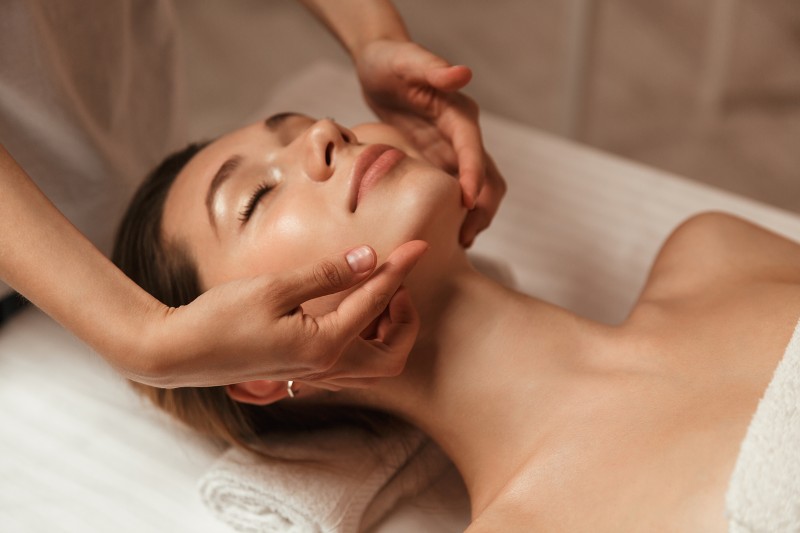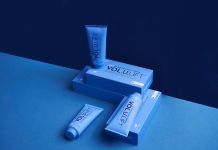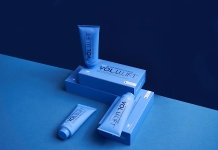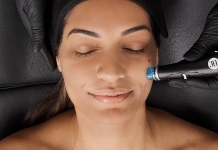Dedicated Beauty Therapy T-Level to be developed

Following feedback from hair and barbering employers opposing a new Hairdressing, Barbering and Beauty Therapy (HBBT) T Level, plans to introduce the qualification have been dropped.
The government will now not pursue hair or barbering specialisms in future T Levels. However, a dedicated beauty-focused T Level with an emphasis on science to facilitate progression into advanced aesthetic treatments will be developed and could be introduced post-2025.
The decision has been welcomed by the National Hairdressing & Beauty Federation (NHBF), who lobbied the government along with employers and industry professionals.
It was argued that existing apprenticeship or Level 2 classroom-based provision in hairdressing and barbering would enable students to enter salon employment faster than a two-year Level 3 programme.
The decision to scrap the HBBT T Level also means that the T Level Foundation Year for hair and beauty, which was planned for introduction at the start of the next academic year, will no longer run. Development of Level 2 technical qualifications aligned to hair and beauty industry standards will continue as planned, available for teaching from September 2026.
Commenting on the decision by Robert Halfon, the Minister of State for Skills, Apprenticeships, and Higher Education, Caroline Larissey, NHBF chief executive says:
“Following several meetings, where we outlined the concerns of our Members, we are pleased that the Minister has listened and taken on board our recommendations to support our sector, by focusing on a Beauty T level and no longer introducing a combined Hairdressing, Barbering and Beauty Therapy (HBBT) T Level.
“Employers from hair salons and barbershops will always prefer that a prospective employee should enter the sector via a “job ready” route or qualification, such as an apprenticeship or through an equivalent college-based Level 2 qualification.
“Emerging findings from our latest state of the industry survey in January show that finding experienced staff and apprentices is still a major barrier to growth for the sector.
“It is envisioned that the beauty T level will provide academic kudos with stakeholders for progression into advanced therapies and aesthetics, because of its greater technical and academic bias compared with the traditional vocational pathway.”

-13546.png)









